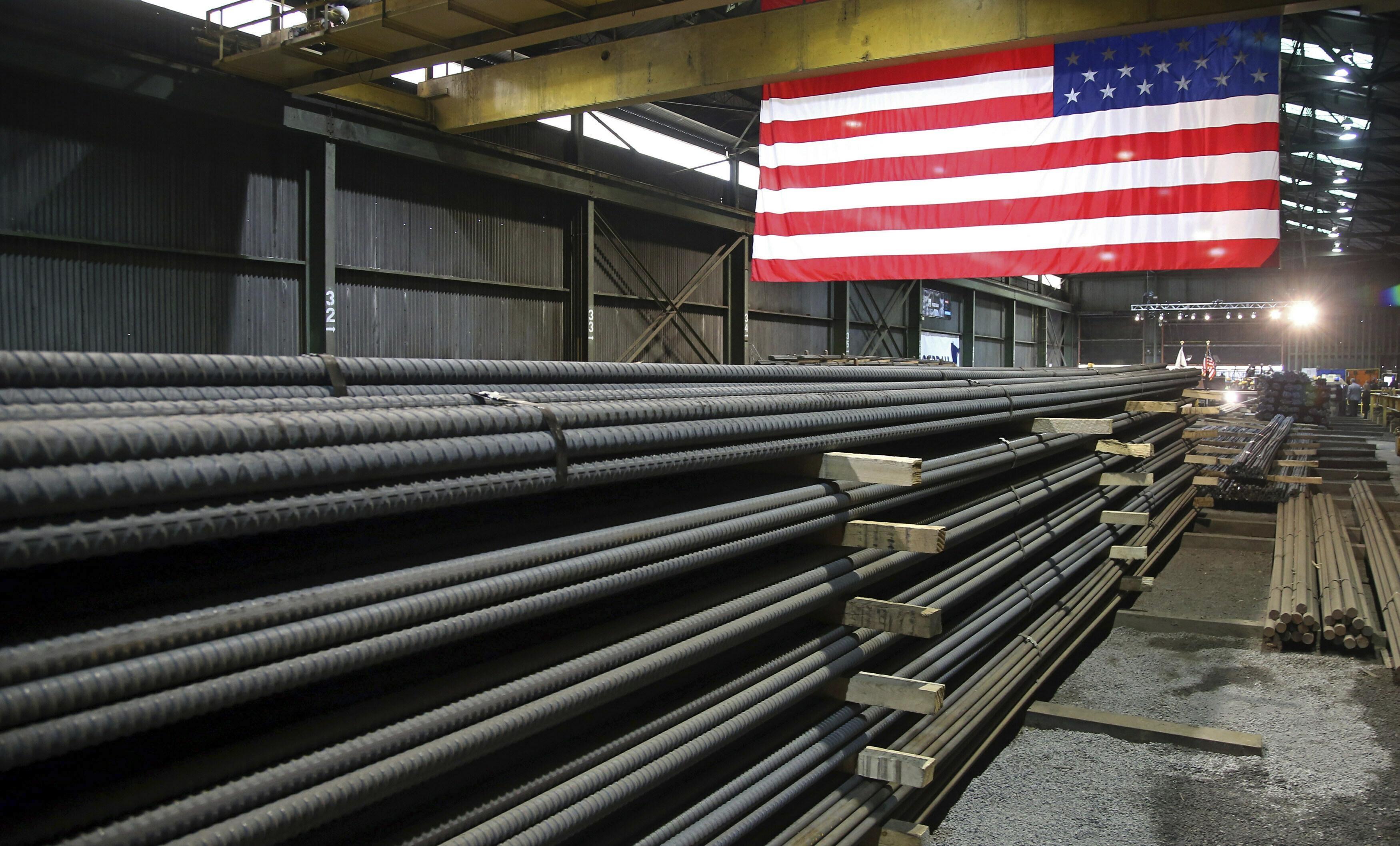But the tariffs, set to go into effect March 12, would also mean that U.S. manufacturers who largely import steel or aluminum would have to pay a 25% tax.
John McKay, president of the Mississippi Manufacturers Association, worries the tariffs are a move away from an increasingly globalized economy.
“In general, our membership is in favor of free, open and fair trade. These days, most manufacturing relies on a host of component parts. Some of those are made locally, but a large portion are made in other countries,” McKay told MPB News. “When you start to implement things like tariffs, you begin to distort that free trade market.”
In Mississippi, manufacturers across several industries could face negative impacts should the tariffs be implemented.Primarily, several metal fabrication companies in the state who make component parts for other manufacturers – and who likely use a foreign supplier – would have to pay an effective 25 percent tax, which would also be passed on to their customers.
But the proposed tariffs could also be a boon for other manufacturers in the state, such as Nucor Steel in Flowood and other steel plants across Mississippi.
According to President Trump, restoring the steel and aluminum imports was undertaken primarily to boost domestic production, but also to shore up the country’s own supply of both metals for national security purposes.
McKay says he agrees with that approach, but ultimately hopes the proposed tariffs are just a negotiating tactic employed to achieve a more-balanced global trade market.
“If you’re able to come to some sort of resolution and a new negotiated deal, fantastic. If not, that’s really when you start seeing those distortions in the marketplace, and that’s when you really could impact a businesses ability to keep their market presence and stay in business the way they are now.”
McKay says he hopes the tariffs are being used as a negotiating tactic, and will not end up being implemented.




